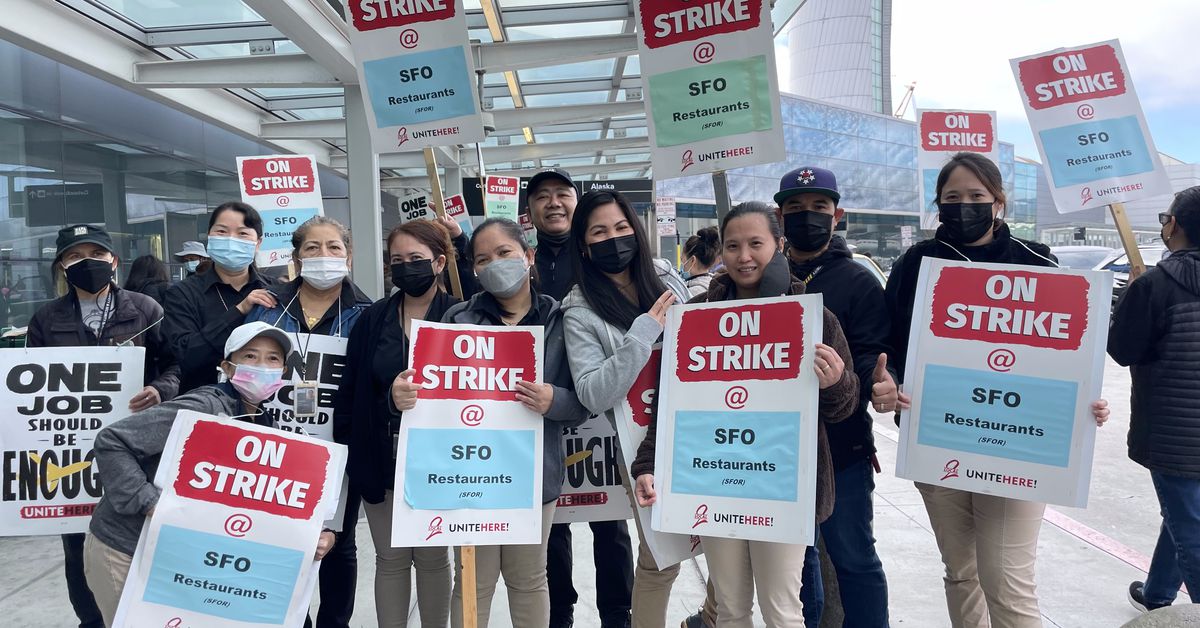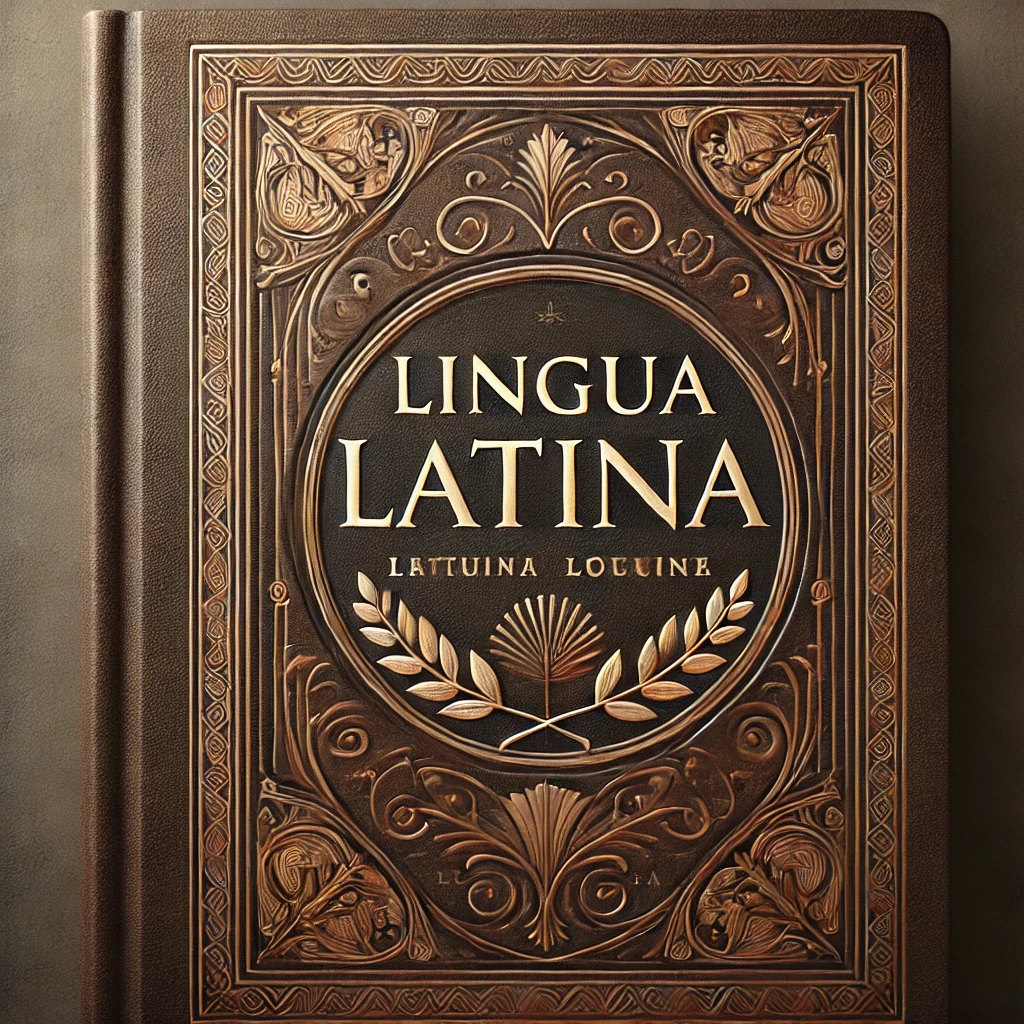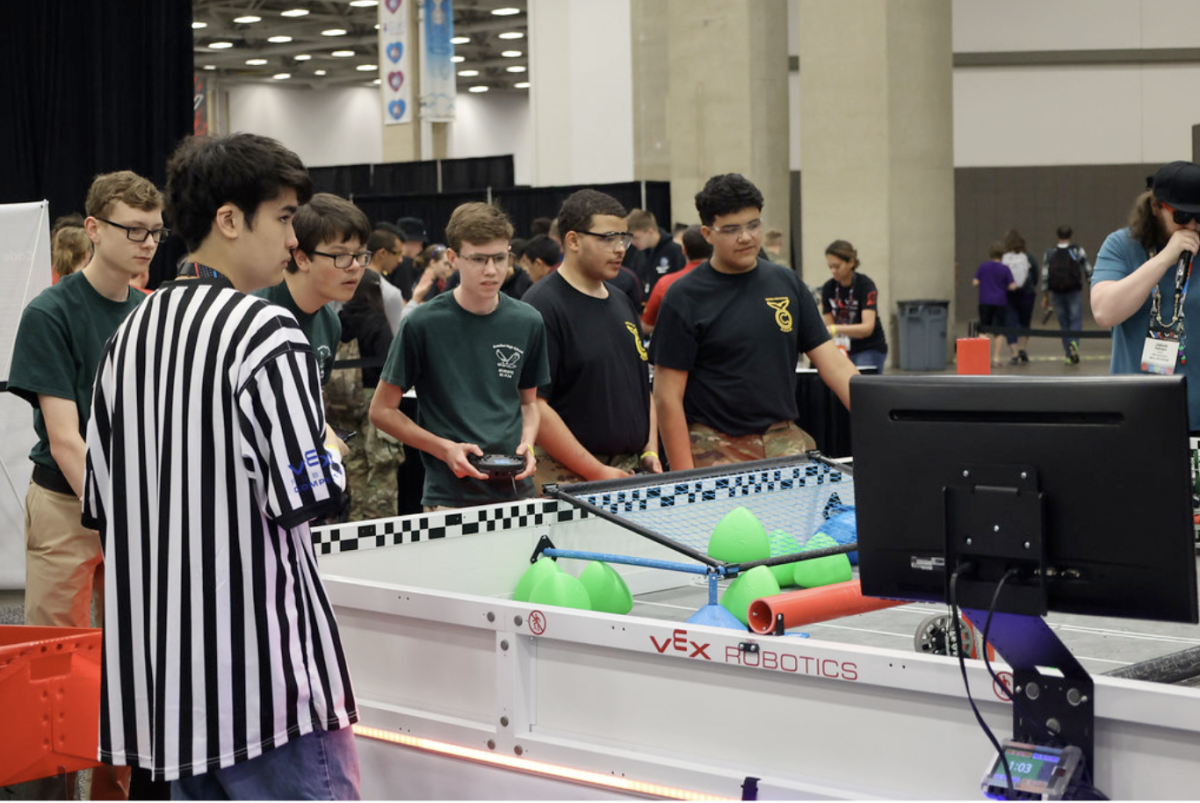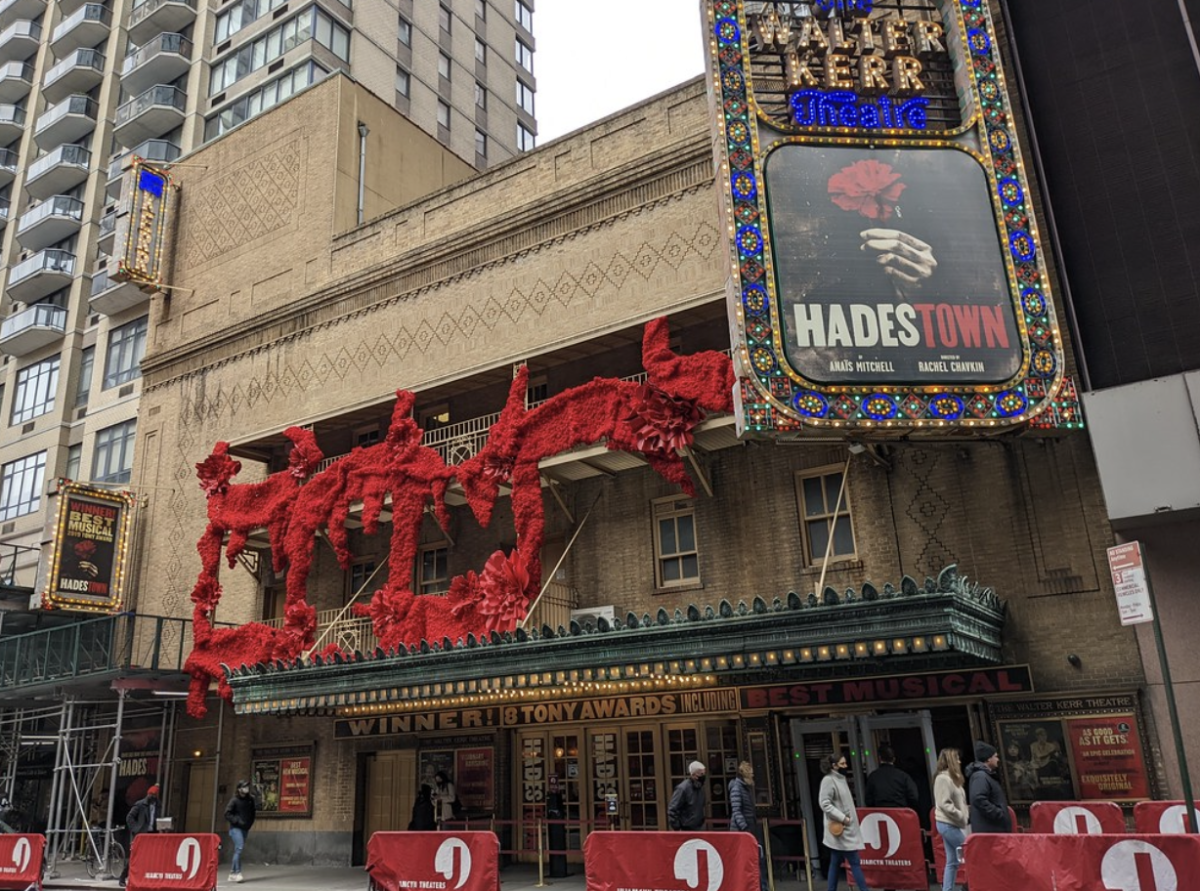Hadestown came to San Jose this fall, and I was quite excited to watch it. My best friend kept ranting to me about how it was the best musical that ever existed, even though he had never even seen it. He just kept playing the songs from Hadestown on repeat on Spotify. Sadly he couldn’t make it. Additionally, another friend who had planned on going with me bailed. Then I became rather ill, so I wasn’t sure I even had the energy to go. However, I finally decided to watch it with my mom, who never really had an appreciation for musicals. So we went, cough drops in hand (because I was so sick I couldn’t go a minute without coughing).
At first, I was taken aback by the small set, as I had thought this production would have more grandeur due to its high acclaim. Then the cast came out, and it was a fraction of the size of the casts of the other musicals I had seen. However, it did not take me long to understand why this musical had such a strong reputation.
At the very beginning, someone in the audience coughed, and Hermes, the funniest character and the narrator of this musical, used that moment to clear his throat and clap for everybody’s attention, establishing his sass. The energy in the room was different than any other musical I had ever watched. Everybody was watching eyes wide open for what would happen next. Already, I knew this musical would be one of the best I had ever watched. The actors were quite good at their job, although I found Orpheus, the main character of the show who was supposed to be known for having the most mesmerizing voice ever, to sound rather mouse-like at certain times. Even though this production did take away the beauty of Persephone by making her dress and sound like a toddler playing princess for satirical purposes, I highly doubt that those motives were behind the quirks in Orpheus’ voice. On the other hand, Eurydice, an untrusting peasant who was scared of the world, had a voice that went perfectly with her character. It was somewhat hoarse and modest but elegant in its own way. The most flabbergasting moment was the Hades character reveal. He was either leisurely sitting on the balcony on the left-most side of the stage with his back to us or not even present on the stage, almost escaping notice. It was mysterious and almost seductive because I kept thinking that he would probably be some suave old-money kind of man, but when he came out to take Persephone back to the Underworld early this time, he said, “But I missed you, honey.” I’m pretty sure I was gaping. I don’t think anyone could take someone who was willingly married to Persephone seriously, especially supposedly dark and sinister Hades. Ever.
The choreography was strong, but it wasn’t like people doing flips left and right like Hamilton. There was, however, one crazy dance number. The lights on the set were off, and the people in the underworld (the land that Hades rules and one of the main settings of the play) held on to these lights that they danced around with and then stuck them onto these strings and flung them into the air, causing them to move in intimidating, floral patterns flashing in the dark. Sometimes the lights would go off, and then turn on a moment later, creating a jump-scare moment. It was surreal.
What made this musical even more fascinating was that it was a statement against institutionalization or being forced to be assimilated into anonymity in a certain society. Eurydice was forced to sign documents with Hades to give her soul to him, forcing her to be caged in the underworld with emotionless people who no longer cared enough to respond to the things she said or even remember their own names. These people are subjugated into a labor system in which they are making the endless railroad. They are shown to be singing songs about their work while perpetually hammering. This is similar to slavery in which African American people were tirelessly working unhealthy long hours in fields while singing to keep themselves entertained. This production seems to be very inspired by African American culture and history, as the original cast was primarily African American, so it does make sense, as they have continued to face oppression throughout American history— during slavery, the civil rights movement, and today with the unfair distribution of voting districts to give black people less voting power.
Throughout the intermission and on the way home my mom couldn’t stop raving about how meaningful this production was. I couldn’t agree more. This production was the perfect example of quality over quantity and truly lives up to its reputation.














![Teacher [Milk] Tea: Part 2](https://bisvquill.com/wp-content/uploads/2024/03/Screen-Shot-2024-03-19-at-9.28.48-PM.png)
![Teacher [Milk] Tea: Part 1](https://bisvquill.com/wp-content/uploads/2024/03/milk-tea.png)


































